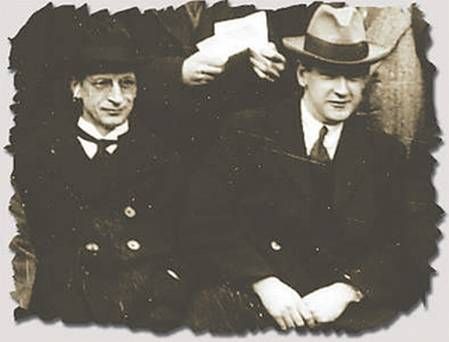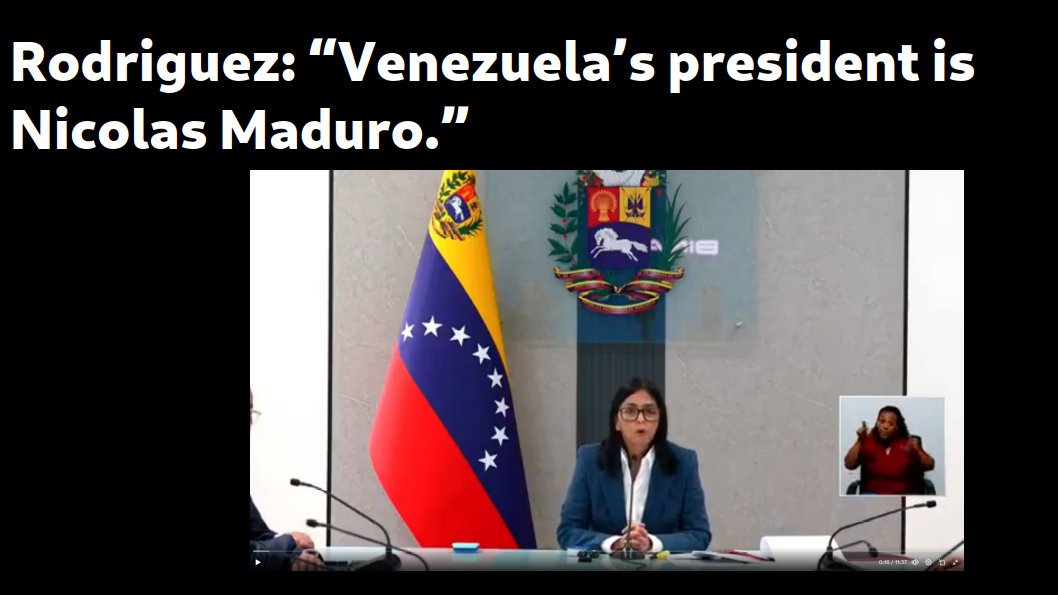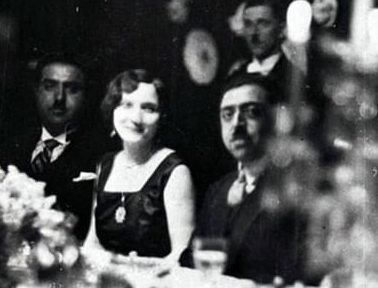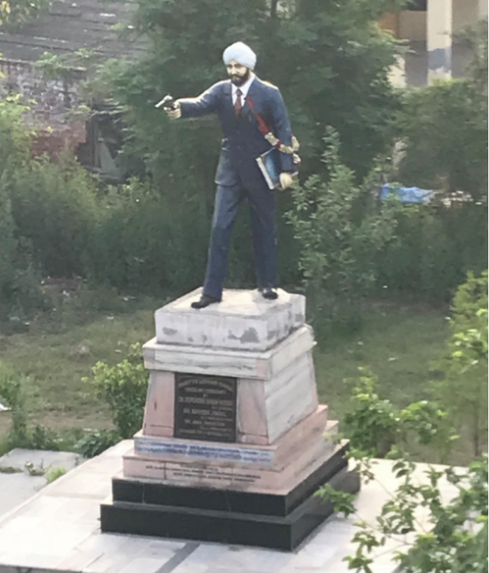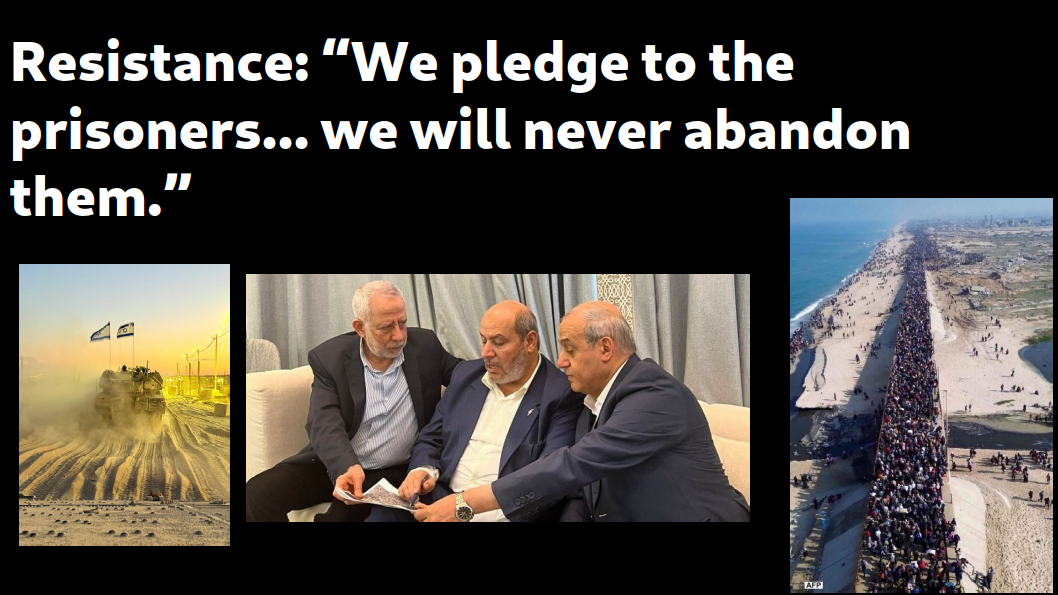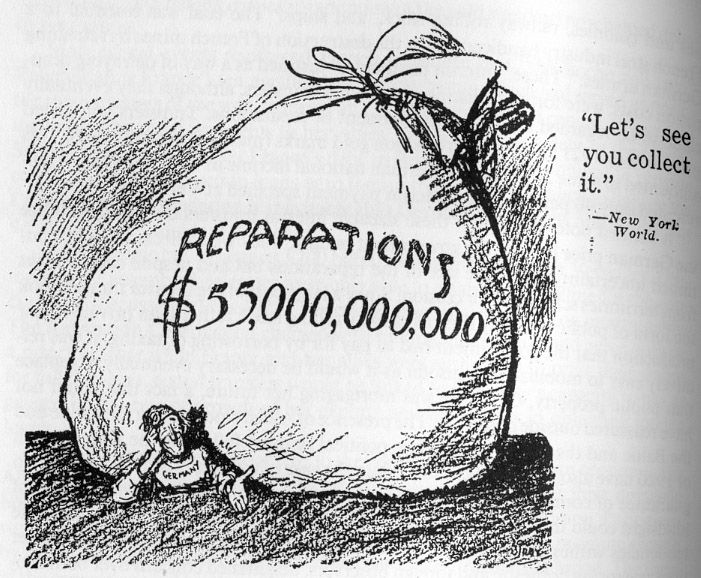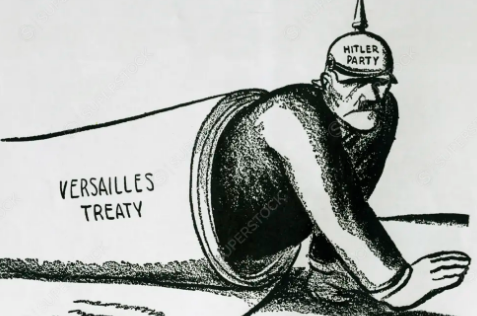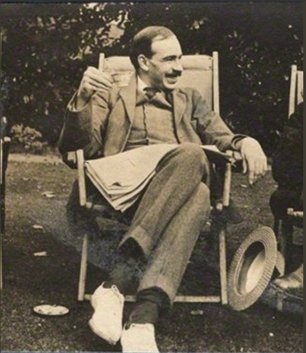In the aftermath of the Easter Rising of 1916, the Irish Revolutionaries regrouped. We trace their path through armed struggle against Britain, negotiation, the formation of the Dail and its role. The larger than life characters including Michael Collins and events like Bloody Sunday. How England’s first colony fought the Empire between the world wars.
AER 153: Venezuela War Begins with Maduro’s Kidnapping
In the early morning of January 3, 2026, the US bombed Venezuela and kidnapped its president and its first lady. As of Day 1 of the war, Venezuela’s government is intact and popular mobilizations are calling for their president’s return. Trump has said that the US will run Venezuela and take its oil. Some insights from various analysts and some thoughts on the long war (or massacres, in the event of a surrender) that the US has begun.
Interwar 4: The Anglo-Afghan War of 1919: Amanullah wins Independence
Our last episode of 2025. Did you know that Amanullah’s decision to wage war for Afghanistan’s independence from the British Empire had everything to do with Amritsar and the struggle underway in India in 1919? Some details on this war that you may not have heard, including the British besieging Peshawar, displacing whole towns full of people, and claiming victory while accepting a ceasefire on Amanullah’s terms.
Interwar 3: India 1919: Massacre at Amritsar, Uprising in Malabar…
Using Anita Anand’s book, The Patient Assassin, among other sources, we tell the story of India from 1919 to the 1920s, including the massacre at Amritsar, the Malabar Uprising of 1921, Bhagat Singh, Gandhi, and of course Udham Singh. Ghadar and the Indian revolutionaries. We won’t be back to India again until the 1930s, so enjoy.
Interwar 2: The 1919 Strikes!
1919 was the year of strikes in North America. How general strikes in Winnipeg and Seattle shook the North American rulers, even though both were contained.
AER 152: The Third Ceasefire Begins…
Jon Elmer joins. We discuss the beginning of the third Ceasefire in Israel’s genocidal war on Gaza.
Interwar 1919-1931 episode 1:The Looting System
Reading the first two chapters of Michael Hudson’s Superimperialism, we study the transformation of the world financial system after World War I. That transformation is driven by a surprising decision by the US to insist on repayment of its loans to its allies, which in turn leads the allies (UK and France) to insist on getting those payments from Germany. This is a story of how the interwar system set the world up for WWII.
Civ 1919: Treaty of Versailles 14 – Final Roundup of Critics of the Treaty – Dulles, Churchill, Hitler
A final roundup of critics of the Treaty of Versailles, including some big names.
AER 151: Running for Party Leader as an anti-Genocide candidate
Yves Engler is a lifelong Palestine activist – fighting Canada’s complicity in the Gaza genocide – who is running for leadership of Canada’s New Democratic Party. We talk about the platform of policies that Yves is presenting in the run for the nomination, including Land Back, Anticolonization, Anti-Imperialism, and Socialism.
Civ 1919: Treaty of Versailles 13 – The Economic Consequences of the Peace
The second-last episode on the Treaty of Versailles 1919 is about Keynes’s critique of the treaty, the Economic Consequences of the Peace. What he got right, what he got wrong, critics of him at the time, and the impact of his book on the way the Interwar period unfolded.

